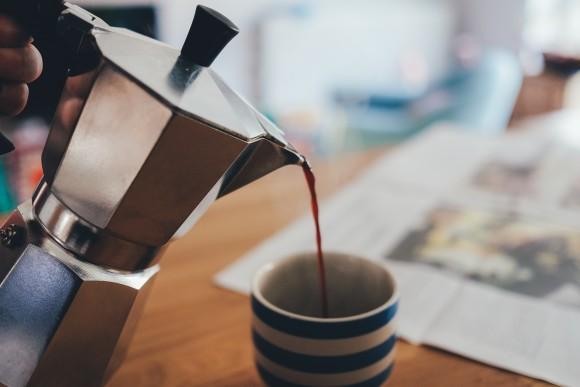It has become clear that bee populations are declining more rapidly than expected. In fact, as Colony Collapse Disorder progresses, 1 in 4 native bee species are at risk for extinction. And this is bad news for our diets. New research from the working group at UC Santa Barbara’s National Center for Ecological Analysis and Synthesis showed that:
“…animal-pollinated crops contain the majority of the available dietary lipid, vitamin A, C, and E, and a large portion of the minerals calcium, fluoride, and iron worldwide. The yield increase attributable to animal-dependent pollination of these crops is significant and could have a potentially drastic effect on human nutrition if jeopardized.”
Bees pollinate 70 of the world’s 100 most consumed crops. Most of the nutritional diversity in the American diet is entirely dependent on bees. Yes, you could live off of soda, grains, meat and beer, but there would still be a huge gaping hole in your nutrition. In fact, this is especially apparent if we look at how much of an impact bees have on a nutritious breakfast. If you are anything like me, here are 7 favorite breakfast foods that are in jeopardy if bee populations continue to decline in massive numbers.





